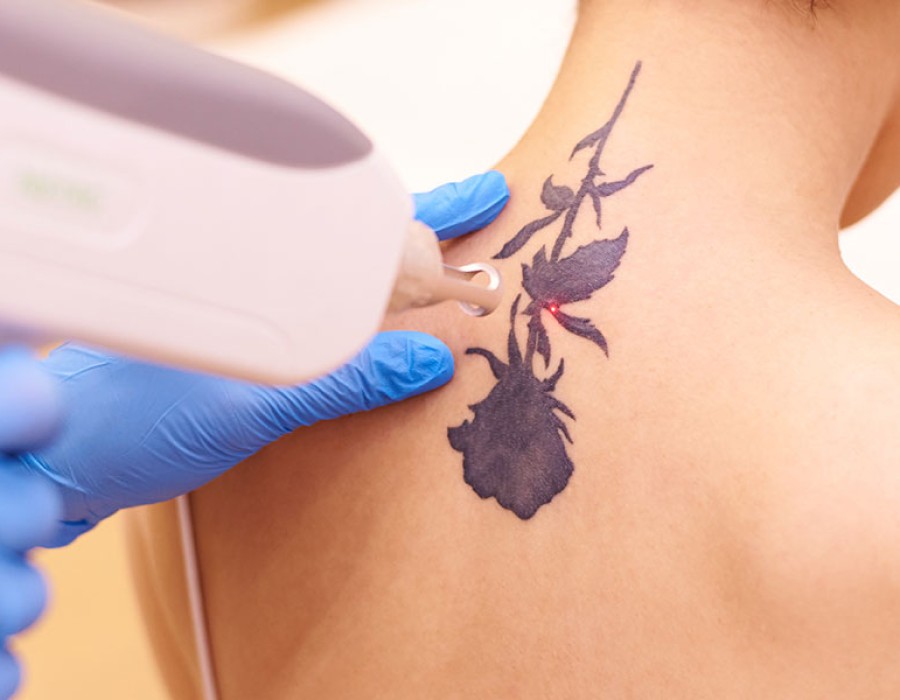Tattoos have long been celebrated as symbols of personal identity and self-expression. However, as life circumstances change or preferences evolve, individuals may find themselves seeking to remove tattoos they once cherished. Fortunately, advancements in technology have led to the development of various methods for tattoo removal, each with its own benefits and considerations.
what is the best method of tattoo removal?
Let's explore the options and consider the factors that can help determine the most suitable approach for each individual.
Laser Tattoo Removal:
Laser Tattoo Removal in Riyadh is the most popular and widely used method for removing tattoos. This technique utilizes specialized lasers to target and break down the pigment particles in the tattoo ink. As the laser light penetrates the skin, it selectively heats and shatters the ink particles, which are then absorbed and eliminated by the body's natural processes. Laser therapy is effective for most types of tattoos and colors, and multiple treatment sessions are typically required to achieve desired results. While laser tattoo removal may cause some discomfort and temporary side effects, such as redness or blistering, it is generally considered safe and provides long-lasting results.
Surgical Excision:
Surgical excision involves physically removing the tattooed skin and stitching the surrounding tissue together. This method is typically used for smaller tattoos or tattoos in easily accessible areas of the body. Surgical excision provides immediate results, but it may result in scarring, and complete removal cannot always be guaranteed. This method is generally recommended for smaller tattoos and may not be suitable for large or complex designs.
Dermabrasion:
Dermabrasion involves the mechanical abrasion of the skin's surface to remove the tattoo. While less commonly used today due to advancements in laser technology, dermabrasion can be effective for removing superficial tattoos. However, this method may result in scarring and is generally less precise than laser tattoo removal.
Chemical Peels:
Chemical peels use acidic solutions to dissolve the ink particles in the skin. While less commonly used for tattoo removal, chemical peels may be suitable for certain types of tattoos. However, this method may carry a higher risk of skin damage and is generally less effective than laser tattoo removal.
Tattoo Removal Creams:
Tattoo removal creams claim to fade or remove tattoos by breaking down the ink particles in the skin. However, the effectiveness of these creams is widely debated, and many experts question their efficacy. Tattoo removal creams are generally considered less effective than other removal methods and may not achieve satisfactory results.
Conclusion:
Ultimately, the best method of tattoo removal depends on various factors, including the size, color, and age of the tattoo, as well as individual preferences and skin characteristics. Consulting with a qualified tattoo removal specialist is essential to determine the most appropriate approach for each individual. By considering factors such as effectiveness, safety, and potential side effects, individuals can make informed decisions about their tattoo removal journey and achieve successful results.





Comments